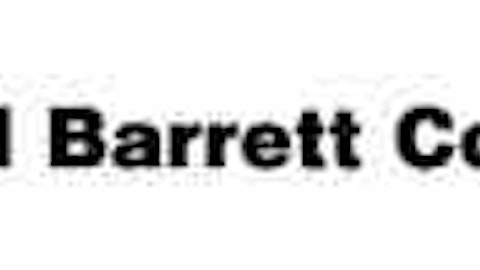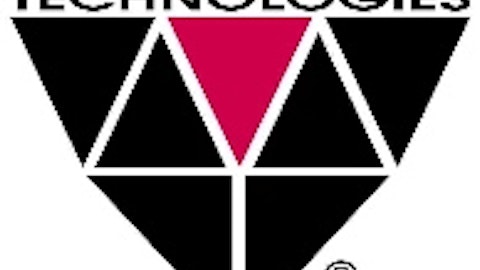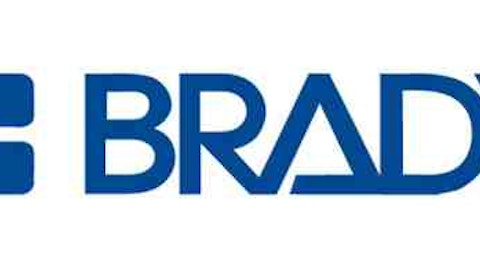
In the eyes of most shareholders, hedge funds are viewed as unimportant, old investment tools of yesteryear. While there are greater than 8000 funds in operation today, we hone in on the top tier of this club, close to 450 funds. It is estimated that this group controls the majority of the hedge fund industry’s total asset base, and by keeping an eye on their highest performing equity investments, we have deciphered a few investment strategies that have historically outstripped the S&P 500 index. Our small-cap hedge fund strategy outpaced the S&P 500 index by 18 percentage points per year for a decade in our back tests, and since we’ve started sharing our picks with our subscribers at the end of August 2012, we have trumped the S&P 500 index by 23.3 percentage points in 8 months (see all of our picks from August).
Equally as important, optimistic insider trading sentiment is a second way to parse down the world of equities. There are many reasons for an upper level exec to get rid of shares of his or her company, but just one, very obvious reason why they would initiate a purchase. Various academic studies have demonstrated the impressive potential of this tactic if investors understand what to do (learn more here).
Consequently, we’re going to take a glance at the latest action regarding P.H. Glatfelter Company (NYSE:GLT).
How are hedge funds trading P.H. Glatfelter Company (NYSE:GLT)?
At Q1’s end, a total of 12 of the hedge funds we track were long in this stock, a change of 0% from one quarter earlier. With hedgies’ positions undergoing their usual ebb and flow, there exists a select group of notable hedge fund managers who were upping their holdings considerably.
Of the funds we track, Martin Whitman’s Third Avenue Management had the biggest position in P.H. Glatfelter Company (NYSE:GLT), worth close to $24.5 million, comprising 0.5% of its total 13F portfolio. Sitting at the No. 2 spot is Cliff Asness of AQR Capital Management, with a $3.7 million position; less than 0.1%% of its 13F portfolio is allocated to the stock. Other hedgies that hold long positions include Joel Greenblatt’s Gotham Asset Management, D. E. Shaw’s D E Shaw and Israel Englander’s Millennium Management.
Because P.H. Glatfelter Company (NYSE:GLT) has faced declining sentiment from the aggregate hedge fund industry, logic holds that there is a sect of money managers that elected to cut their entire stakes in Q1. Interestingly, Peter Rathjens, Bruce Clarke and John Campbell’s Arrowstreet Capital sold off the biggest position of the “upper crust” of funds we monitor, worth about $0.6 million in stock.. Ken Griffin’s fund, Citadel Investment Group, also dropped its stock, about $0.5 million worth. These bearish behaviors are interesting, as aggregate hedge fund interest stayed the same (this is a bearish signal in our experience).
How are insiders trading P.H. Glatfelter Company (NYSE:GLT)?
Insider trading activity, especially when it’s bullish, is best served when the company in question has experienced transactions within the past six months. Over the last 180-day time frame, P.H. Glatfelter Company (NYSE:GLT) has experienced zero unique insiders purchasing, and 1 insider sales (see the details of insider trades here).
Let’s also review hedge fund and insider activity in other stocks similar to P.H. Glatfelter Company (NYSE:GLT). These stocks are KapStone Paper and Packaging Corp. (NYSE:KS), Schweitzer-Mauduit International, Inc. (NYSE:SWM), Clearwater Paper Corp (NYSE:CLW), Buckeye Technologies Inc. (NYSE:BKI), and Boise Inc. (NYSE:BZ). This group of stocks are the members of the paper & paper products industry and their market caps are similar to GLT’s market cap.





